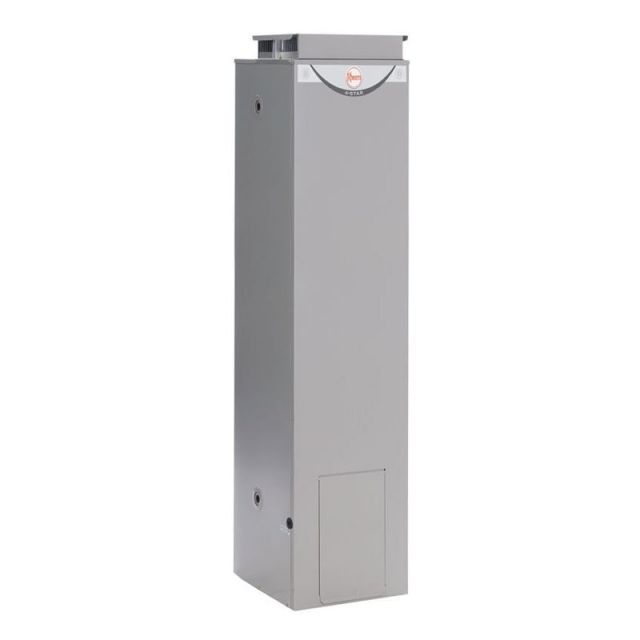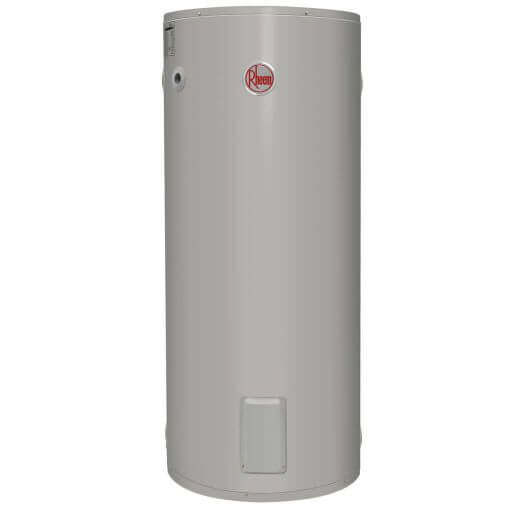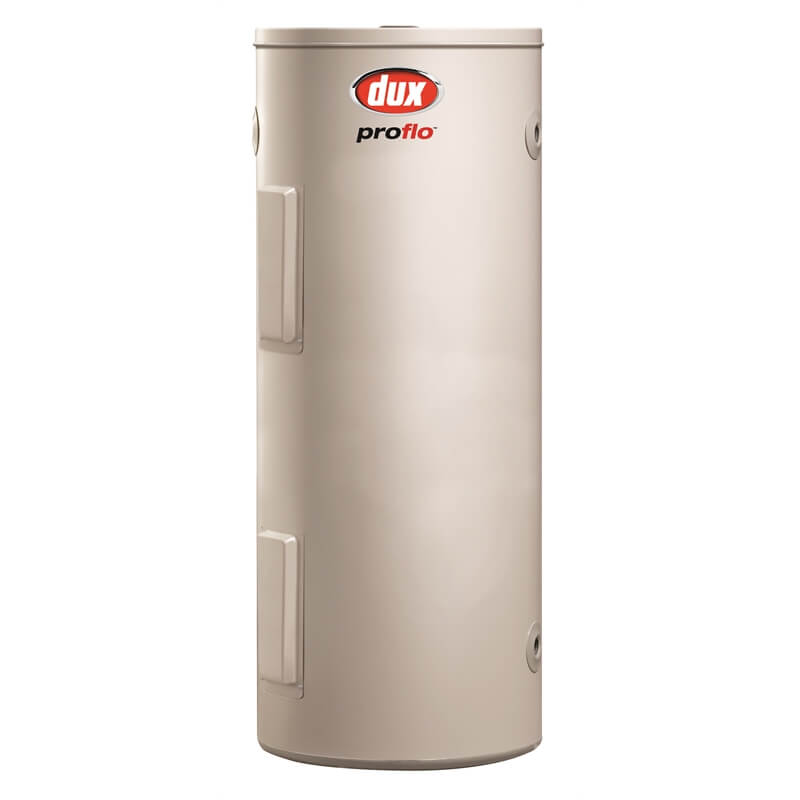Hot Water Repairs & Installations | A Family business For Over 20+ Years

Hot Water Central Coast

Rheem Hot Water Systems

Based @ Central Coast
It’s undeniable that the initial investment for a tankless water heater can be higher than that of traditional tank-based systems. The advanced technology, compact design, and on-demand heating capabilities often come with a premium price tag. However, it’s crucial to view this investment through the lens of long-term benefits.
While the upfront costs might seem steep, the long-term savings potential of tankless systems can quickly offset these initial expenses. Traditional heaters, with their storage tanks, often lead to energy wastage. They continuously heat stored water, even when there’s no immediate demand, leading to what experts term as “standby heat loss.” On the other hand, tankless heaters spring into action only when there’s a need, ensuring energy is used judiciously and efficiently.
Furthermore, the cost dynamics change when we factor in the longevity of tankless systems. With fewer components susceptible to wear and tear and no tank that can corrode over time, these heaters often outlast their traditional counterparts. This means fewer replacements, fewer repairs, and more savings in the long run.
In essence, while the initial outlay for a tankless system might be higher, the cumulative savings over its lifespan can make it a more cost-effective choice in the grand scheme of things.
One of the standout features of tankless water heaters is their unparalleled energy efficiency. But how exactly do they achieve this?
Tankless systems operate on a simple principle: heat only when required. Unlike traditional systems that constantly heat a reservoir of water, tankless heaters warm up water instantaneously as it flows through the unit. This on-the-spot heating eliminates the energy wastage commonly seen in standard heaters, which expend energy to compensate for standby heat loss.
So, what does this mean for your monthly utility bills? A significant reduction in energy consumption translates to noticeable savings. For instance, according to the U.S. Department of Energy, homes that use 41 gallons or less of hot water daily can achieve 24% to 34% more energy efficiency with tankless heaters compared to traditional ones. For households with higher consumption, the savings can still range between 8% to 14%.
To put this into perspective, let’s consider a real-world example. If a household spends an average of $100 per month on water heating with a traditional system, a switch to a tankless system could lead to monthly savings of $24 to $34 for lower consumption homes. Over a year, this amounts to savings between $288 to $408.
Durability is another feather in the cap of tankless water heaters. These systems are designed for longevity, with many models boasting a lifespan of 20 years or more, almost double that of many traditional tank-based heaters.
This extended operational life offers two primary financial benefits. First, homeowners can defer the costs associated with replacing their water heater. Given the potential lifespan of two decades, this means fewer replacements over the lifetime of a home, leading to substantial savings.
Secondly, the robust design of tankless systems often results in fewer breakdowns and repairs. Without a tank that can corrode or sediment buildup that can degrade performance, maintenance costs are often limited to routine checks and occasional component replacements.
When you factor in the potential savings from avoiding frequent repairs and early replacements, it becomes evident that the long-term financial benefits of tankless systems can significantly offset their initial investment.
One of the often-overlooked advantages of tankless water heaters is the reduced risk of water damage. Traditional tank-based systems come with a significant vulnerability: the tank itself. Over time, these tanks can corrode, weaken, and eventually leak or even burst, leading to potential large-scale water damage in your home. Such incidents not only disrupt daily life but can also result in hefty repair bills, from fixing the water heater itself to addressing water damage to floors, walls, and possessions.
With tankless systems, this risk is substantially minimised. The absence of a large storage tank means there’s no potential for massive water leaks. By eliminating this vulnerability, homeowners can enjoy peace of mind, knowing they’re less likely to face unexpected repair bills related to water damage.
While the benefits of tankless water heaters are numerous, their performance is heavily influenced by the quality of installation and maintenance. This is where Best Price Hot Water truly shines.
Professional installation is paramount to harness the full potential of tankless systems. Our team, backed by years of experience and technical expertise, ensures that every installation is carried out with precision. Proper setup not only guarantees optimal performance but also maximises energy efficiency, leading to greater savings in the long run.
But our commitment doesn’t end with installation. Recognising the importance of regular maintenance in prolonging the lifespan and efficiency of tankless heaters, Best Price Hot Water offers affordable maintenance services tailored to each system’s unique needs. From routine checks to more in-depth servicing, our goal is to ensure your tankless water heater operates at peak performance year after year.
In partnering with Best Price Hot Water, you’re not just choosing a service provider; you’re investing in a commitment to excellence, affordability, and long-term savings.
Our Team’s 24 Hour Service Has You Covered.
Standard Operating Hours.


















Use the Best Price Hot Water system installation/replacement cost finder to get an instant & accurate quote!
I've been servicing my home community of the Central Coast for over 20 years, successfully built a strong reputation as an honest, fair & hardworking tradesman that treats each and every customer as if they were a part of my family. I go above and beyond for my customers... always have, always will.
Graeme Cunningham